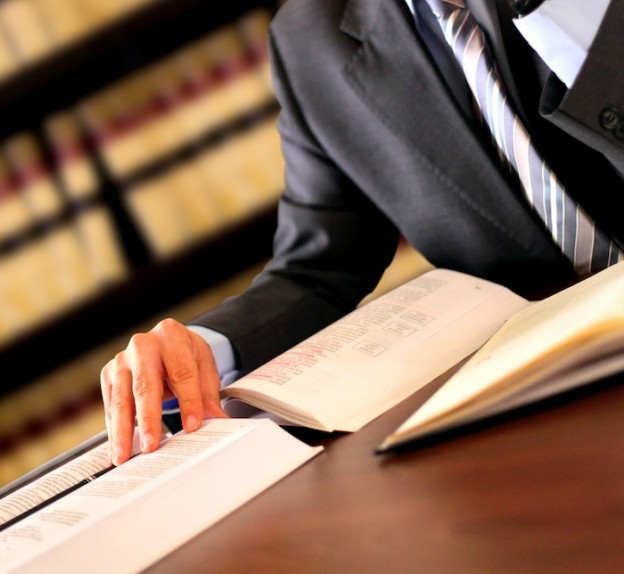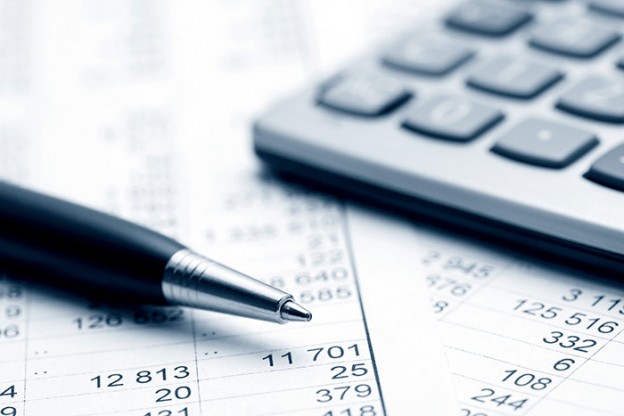An expert witness to a litigated case ordinarily used by an attorney serves two functions:
- As a consultant with respect to issues of a matter.
- As a witness providing testimony at a deposition and/or at trial.
In order to serve as an expert in any capacity, the individual must demonstrate significant experience in a field of study recognized as legitimate science. This article is designed to discuss expert opinions based upon scientific evidence, for example, DNA testing and methodology in a criminal case.
Daubert Trilogy:
The criteria for an expert’s testimony and the standard for reviewing by the trial court has been set forth by three seminal cases consisting of Daubert v. Merrell Dow Pharmaceuticals, Inc (1993) 509 U.S. 579, 113 S. Ct. 2786; Kumho Tire Co., Ltd. v. Carmichael (1999) 526 U.S. 137, 119 S. Ct. 1167; and General Electric v. Joiner (1997) 522 U.S. 136, 118 S. Ct. 512. These three United States Supreme Court decisions are commonly known as the “Daubert Trilogy,” They set the standard for how experts are qualified prior to assisting before or during trial.
Under the Daubert standard, the trial court evaluates expert opinions upon reliability for scientific evidence in a given legal dispute. The reliability prong for the offered scientific evidence is: 1. whether the scientific theory has been reviewed by scientific peers and published (theory accepted); 2. whether the scientific theory has been tested; 3. the perceived known or possible rate of error for the scientific technique and 4. whether the theory has obtained general acceptance in the scientific community.
Qualifying an expert at Trial:
In order to qualify an expert witness for trial, the attorney offering the expert must demonstrate to the presiding judge at trial that the witness is competent in the area of offered testimony and the area of offered testimony is such that an ordinary person would need assistance in understanding the subject matter. For example, DNA explanation, testing and linking in a criminal matter.
The offered expert may be qualified through education, skill, training, knowledge, practical experience or all. As a pre-requisite for expert testimony, the offered expert must be able to articulate to the court the underlying methodology and procedures utilized in formulating his or her opinion(s) on the precise subject matter at issue. Such includes hands-on experience, literature review, training, and education. There is no clear rule as to the degree of knowledge needed to qualify an expert in a given area of expertise. Once competency in the given area is established under the “Daubert Trilogy” the expert’s knowledge of the subject matter of his or her testimony affects the credibility of the opinions offered at trial on direct and cross examination.
It is the trial court that determines if the offered expert can testify as a matter of law in a particular field. Essentially, the trial judge determines the following: 1.That the scope of offered expert testimony is such that an ordinary person would need to hear the expert opinions in reaching an opinion where the ordinary person does not necessarily have the knowledge of the offered subject matter, and 2. Whether the person offered to give the expert testimony has the necessarily knowledge, training, experience, skill, and expertise in the area where expert testimony is offered to be given to render an expert opinion.
It is imperative for a trial attorney to make sure that the person retained as an expert is qualified to render an expert opinion at trial in the subject matter designated in the expert witness disclosure. This is why experienced trial attorneys typically disclose experts who have already been qualified to testify by another judge in prior cases that have gone to trial.









